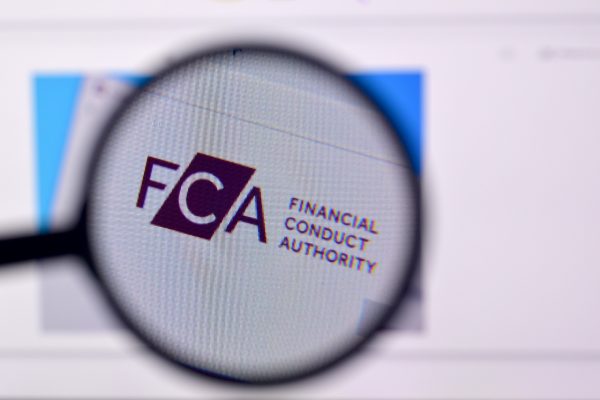The Government have announced that from October 2015, the bankruptcy creditor petition limit will be raised from £750 to £5000.
Currently, if you are in debt to someone for just £750, they could petition to make you bankrupt. This £750 limit was set by Thatcher’s Government way back in 1986 which suggests this increase to £5000 is long overdue. The court fee to petition to make someone bankrupt is currently £280.
The Government are also raising the debt limit for Debt Relief Orders (DROs) which are essentially a cheaper and less complicated form of insolvency than full bankruptcy. Anyone on a low income and struggling with personal debts of up to £15,000 (subject to meeting eligibility criteria) can apply for a DRO to get those debts written off. From October, DROs will be available to those with debts of up to £20,000. DROs are processed through Approved Intermediaries and not through the courts like bankruptcies. At the moment, the cost of applying for a DRO is £90 which is considerably less than the current fee to make yourself bankrupt which is £545 plus £180 court fees.
Lawgistics members can contact us for advice and help regarding bankruptcy.

We cover roles within all departments and sectors of the Automotive industry, and are here to listen to your specific needs and find the most suitable candidates to fit your business.








